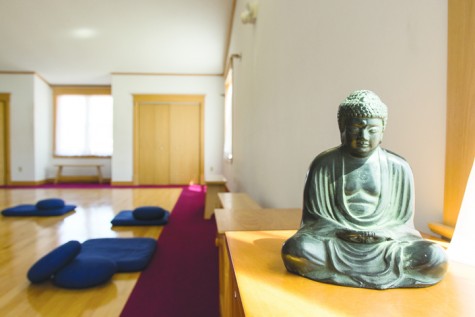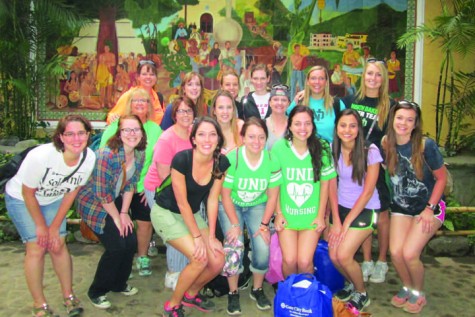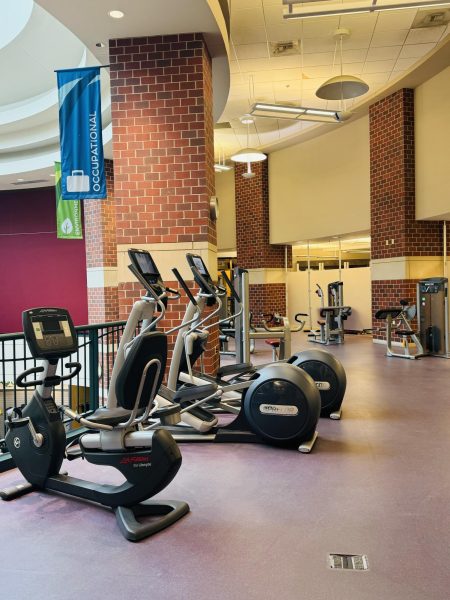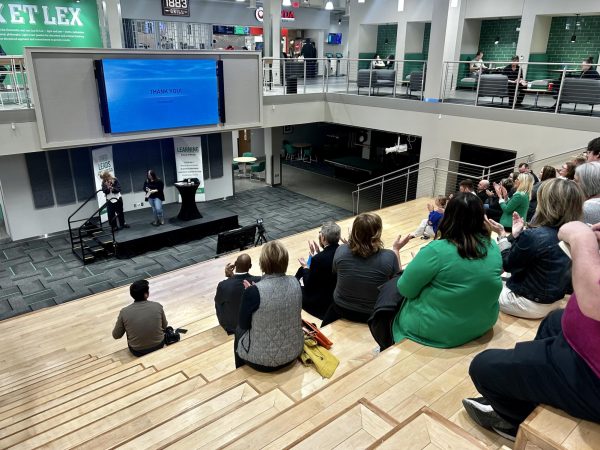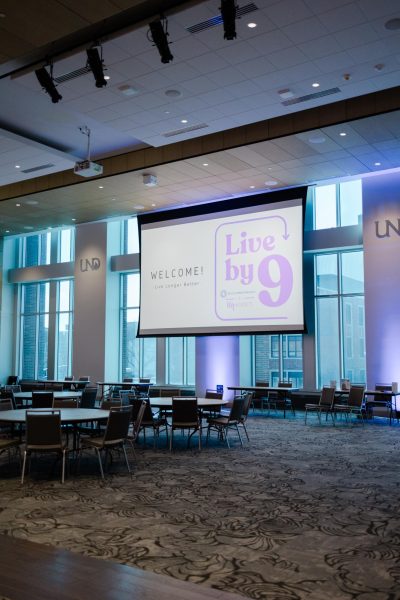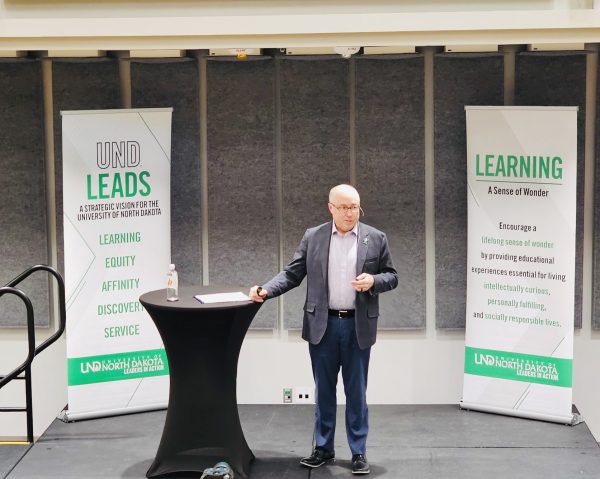“Big Six” represents successful students
A recent survey reports 25 percent of college graduates in the U.S. are failing to thrive in their careers and lives.
Gallup, Inc., a company specializing in public opinion polling, conducted a survey of 30,000 college graduates and gathered information based on how they measure their degree of engagement in their careers and their financial, physical, community and social well-being.
Gallup identifies a “Big Six” as being crucial to a graduate’s well-being and life preparedness, based on six positive experiences a successful student should have while attending college.
The first three are in the category of support and are listed as having caring professors, having at least one professor who made learning exciting and having a mentor encouraging of goals and dreams.
The second half of the “Big Six” are experiential, and include working on a project that takes more than a semester to complete, having an internship or job that involved applying classroom knowledge and being involved in activities and extracurriculars on campus.
Based on those criteria, only 3 percent of survey participants agreed with all six statements.
The majority of participants 63 percent agreed that they had at least one professor who made them excited about learning. The 25 percent that are currently failing to thrive are those who did not identify with any of the “Big Six.”
Gallup asks, “Is a college degree worth it?” According to its survey, it is for most.
Those who are thought to have made the most of their time in college by experiencing the “Big Six” are statistically better off in their post-grad lives and are considered to be thriving.
For the remaining 25 percent, the answer varies. Those who completed a four-year program simply to receive a degree on paper are less likely to be happy in their career, and are generally less prepared for what comes after graduation.
By means of experiencing the “Big Six,” a student is considered to be heavily engaged in their overall college experience.
A sample poll of 20 UND students about the “Big Six,” were mixed results.
All students involved in the survey reported identifying with at least one of the statements, the most common being a tie between having a professor who made learning exciting and having professors who cared about students as people. Both of these statements were agreed upon by 95 percent of the students polled.
At 20 percent, the lowest agreement level was also a tie, between working on a long-term project and having a job or internship while in school where classroom knowledge is applied.
Much like the Gallup survey, 5 percent of students (in this case, one student) reported having experienced all of the “Big Six” while at UND.
Gallup suggests ways in which more students can make the most of their time in college, and it begins with a change in attitude.
“If we believe a college degree is an automatic ticket to a better career and life, we fail,” writes Brandon Busteed of Gallup. “If we believe the only measure of success is salary, we fail.”
Gallup reports that a student’s drive and emotional engagement in their education need to extend beyond just getting through the four years — beyond just completing coursework and taking exams.
In order to lower the number of graduates not thriving in their current careers and general well-being, Gallup says they have found the “winning formula.”
By keeping the “Big Six” in mind, a student can make the most of college and focus on being prepared for what is to come.
Serianna Henkel is a staff writer for The Dakota Student. She can be reached at [email protected].








